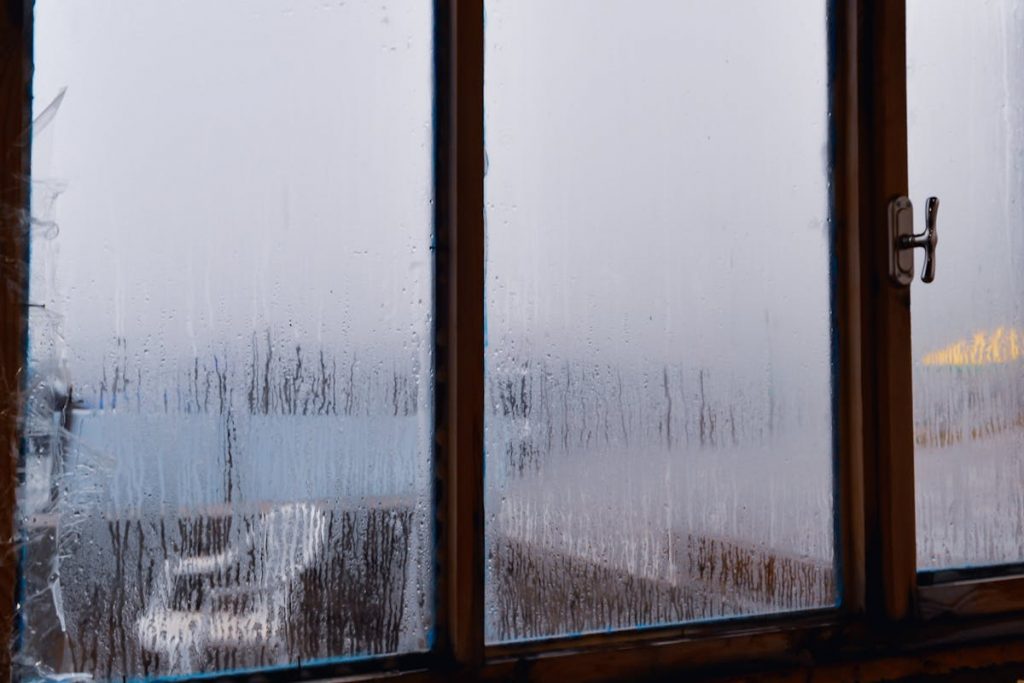- Weatherproofing includes sealing gaps and insulating to maintain comfort and efficiency.
- HVAC maintenance involves changing air filters and tuning up heating systems before winter.
- Outdoor preparations like gutter maintenance and winterizing plumbing prevent damage.
- Interior comfort adjustments, such as ceiling fan direction and draft proofing, enhance insulation.
- Safety precautions like testing detectors and preparing for severe weather ensure home safety.
As the seasons transition from one to another, homes require adjustments to accommodate the changing weather conditions. Proactive measures can ensure the house remains comfortable and efficient year-round, whether it’s preparing for the scorching heat of summer, the biting cold of winter, or the unpredictable weather patterns of spring and fall. From simple DIY tasks to more extensive renovations, here are some essential home adjustments to consider as the seasons change.
1. Weatherproofing Your Home

Sealing Windows and Doors
When the temperature drops, it’s essential to prevent heat from escaping your home. Check for cracks or gaps around doors and windows and seal them with caulking or weatherstripping. This simple step can significantly reduce heating costs and make your home more energy-efficient during the colder months.
Insulating Attic and Walls
Proper insulation ensures you can maintain a comfortable indoor temperature and helps reduce your home’s energy consumption. Make sure to add insulation to your attic and walls to prevent heat loss in the winter and keep your home cool in the summer. Consider adding extra insulation or upgrading to more efficient materials for maximum effectiveness.
2. HVAC Maintenance
Changing Air Filters
Regularly replacing air filters is essential for the efficient operation of your HVAC system. Dirty filters restrict airflow, reducing heating and cooling efficiency and increasing energy consumption. Check your filters monthly and replace them as needed, especially before the start of each new season.
Tuning Up Your Heating System
Before the winter chill sets in, schedule a professional inspection and tune-up for your heating system. This ensures that it’s operating safely and efficiently when you need it most. Addressing any issues early can prevent costly repairs and unexpected breakdowns during the colder months.
3. Outdoor Preparations
Gutter Maintenance
Clogged gutters can lead to ice dams and water damage during the winter months. Clean out leaves, twigs, debris, and other sediments from your gutters and downspouts to let water drain freely. Consider installing durable Snow Defender snow guards to prevent snow and ice from sliding off your roof and causing damage below.
Winterizing Outdoor Plumbing
Drain and shut off the water supply to protect your outdoor faucets and irrigation systems from freezing temperatures. Disconnect hoses and store them indoors to prevent damage. If you have an outdoor sprinkler system, blow out the lines to remove any remaining water.

4. Interior Comfort
Adjusting Ceiling Fans
Ceiling fans can help distribute air more evenly throughout your home, making it feel cooler in the summer and warmer in the winter. In the colder months, set your fans to rotate clockwise at a low speed to push warm air down from the ceiling. This can help reduce heating costs and keep you comfortable during winter.
Draft Proofing
Drafts around windows, doors, and electrical outlets can make your home feel colder than it actually is, leading to higher heating bills. Install draft stoppers or use caulk and weatherstripping to seal any gaps and prevent cold air from entering your home. This simple fix can greatly affect your comfort level and energy usage.
5. Safety Precautions
Inspecting Carbon Monoxide and Smoke Detectors
Carbon monoxide and smoke detectors are important safety devices that should be tested regularly to ensure they function correctly. Replace batteries at least once a year and test each detector monthly to ensure they work properly. Having a fire extinguisher on hand and reviewing your family’s emergency escape plan is also a good idea.
Preparing for Severe Weather
Severe weather can strike at any time, so being prepared is essential. Stock up on emergency supplies, such as non-perishable food, water, flashlights, and batteries. Keep important documents in a waterproof container and have a plan for sheltering in place or evacuating if necessary.
As the seasons change, homes require adjustments to remain efficient and safe throughout the year. From weatherproofing and HVAC maintenance to outdoor preparations and safety precautions, proactive measures can help protect your home and your family from the elements. By taking the time to make these adjustments, you can enjoy peace of mind knowing that your home is ready for whatever the weather may bring. And remember, whether you’re installing weatherstripping or snow guards, a little preparation goes a long way in keeping your home in top condition.

